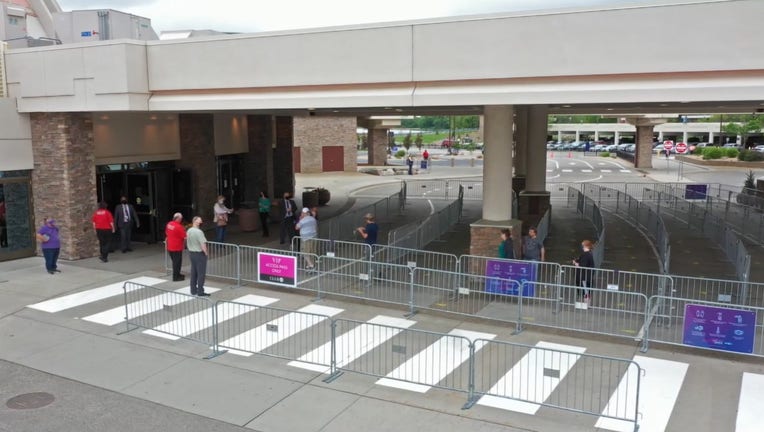Last night I appeared on a taping for a poker talk radio show. At the end, the host asked me if I had any final words for the listeners. I said: “Keep very very very good records of your gambling activity.” Insufficient records is a losing bet for a taxpayer who claims gambling losses. Roy Rampadarat found out the hard way in a recent Minnesota Tax Court decision.
Mystic Lake welcomes guests, masks required. Casino employees will have their own health closely monitored. Only every other slot machine will be used and the number of spots at table. Glassdoor has 131 Mystic Lake Casino and Hotel reviews submitted anonymously by Mystic Lake Casino and Hotel employees. Read employee reviews and ratings on Glassdoor to decide if Mystic Lake Casino and Hotel is right for you.

Mr. Rampadarat enjoyed playing slots at the Mystic Lake Casino from 2001 to 2005. On his Minnesota income tax returns for each year, he filed as a professional gambler. Under Minnesota Tax Law, a professional gambler includes gambling losses in the Alternative Minimum Tax formula, but a recreational gambler cannot. This rule differs from federal law, which allows an amateur to take the deduction for AMT purposes.
The Minnesota Department of Revenue audited Mr. Rampadarat, and took the position that he was not a professional gambler. The Department sought $53,723.15 in tax, interest, and penalties. Mr. Rampadarat appealed and took the Department to court.
Of course, the professional versus recreational gambler status is a facts and circumstances determination. The court recognized nine nonexclusive factors to make this determination, and found four of them relevant in this case:
- The activity is carried on in a businesslike manner and taxpayer maintains complete and accurate books and records in which the taxpayer carries on the activity (e.g., keeping records in a businesslike way);
- The time and effort that the gambler expended;
- The amount of occasional profits, if any, which are earned; and
- The financial status of the taxpayer.

Mr. Rampadarat’s system of recordkeeping included notes on napkins of his winnings and losses. At a month’s end, he compared these notes to his credit card statements, and if the numbers matched, he destroyed the napkins. He also kept some monthly totals to form the basis of his reported winnings and losses, but he destroyed these as well.
Mystic Lake Casino Number Of Employees Login
The problem with credit card statements alone is that cash withdrawals at a casino could serve a number of activities: food, entertainment, gambling, or simply putting it into one’s pocket. Without a diary of gambling activity, Mr. Rampadarat was unable to show how these withdrawals were actually used.
Mystic Lake Casino Number Of Employees Compensation

Mystic Lake Casino Number Of Employees Salaries
Mr. Rampadarat also offered a statement from the casino. The problem here was that the casino only kept records when he gambled with the casino’s club card, and that was on a limited basis.
When questioned about his time spent gambling, Mr. Rampadarat offered inconsistent testimony, and pointed to his ATM receipts from the casino as proof. Not surprisingly, the receipts failed to show that he spent 20-40 hours a week gambling, as he testified.
Additional evidence further indicated 20-40 hours a week didn’t add up. A win/loss statement prepared by the casino showed that he gambled for 106 days over the five years, or 21 days per year. His credit card statements showed some more activity, totaling 231 days over the five years, or 46 days per year. That amount of gambling activity is more akin to a hobby, and not continuous and regular, said the court.

Mystic Lake Casino Number Of Employees Directory
Ultimately, because the taxpayer maintained insufficient records, the court was unable to conclude that Mr. Rampadarat gambled in a businesslike manner and with sufficient regularity and continuity to be considered a professional. Although we cannot say whether his napkins would have produced a different result, we can say he didn’t help his cause by destroying them.
Mystic Lake Casino Employees
Case: Rampadarat v. Comm’r of Revenue, Docket No. 8024 R (Minn. Tax Ct. Nov. 17, 2011)